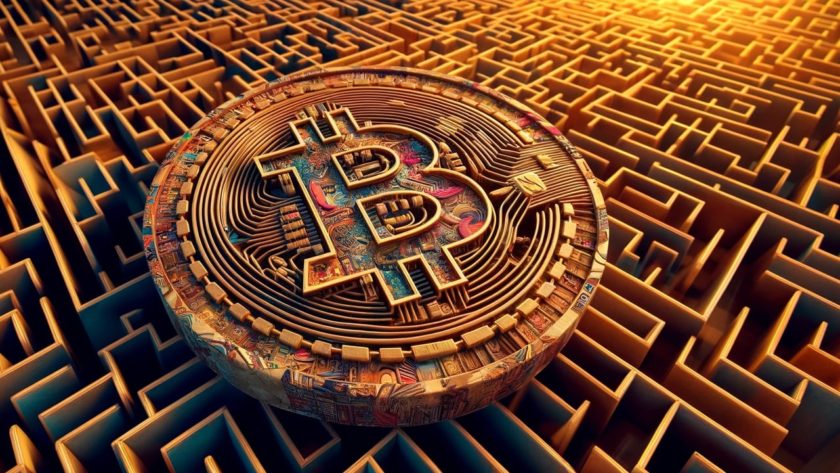Blockchain start-up and XRP proponent Ripple says it’s raised a $200 million investment round, lifting its valuation to $10 billion.
Despite this move, critics worry whether Ripple and its XRP digital currency have a future in the space when up against CBDCs, stable coins, and XRP’s biggest competitor, Bitcoin.
Ripple Hopes Funding Refutes XRP Skeptics
The $200 million Series C funding round, which was led by global investment firm Tetragon, could help validate Ripple’s claim that more banks and money transmitters will embrace XRP for international transactions.
Further, the funding is backed by SBI and Route 66 Ventures, which Ripple hopes will refute skeptics who say “its technology is a solution in search of a problem” and question why banks should adopt it, according to CNBC.
Ripple controls an enormous reserve of XRP, which is the world’s third most valuable digital currency. In recent years, the company has bet its business on persuading financial institutions to use XRP as a “bridge currency” on cross-border transfers.
In an interview, CEO Brad Garlinghouse said Ripple currently has more than 300 customers. He expects Ripple’s customer base to grow 30-40% in 2020, and says transaction volume on the company’s network will increase more than 600%.
“We are in a strong financial position to execute against our vision,” Garlinghouse said in a statement today. “As others in the blockchain space have slowed their growth or even shut down, we have accelerated our momentum and industry leadership throughout 2019.”
Ripple Faces Stiff Competition
While XRP may be more efficient than traditional methods of moving money like wire transfers, skeptics question whether there will be a role for Ripple in the future.
China is in the process of developing its Digital Currency Electronic Payment system that will, for the most part, provide the same services as Ripple: a domestic digital payment system and an international remittance use-case for inter-financial institution settlement.
The Bank of France’s governor, Francois Villeroy de Galhau, said in a recent statement that his organization will start running “experiments” rapidly on digital assets and will “launch a call for projects” before the end of the first quarter of 2020.
Central Bank Digital Currencies (CBDCs) are also being considered by the Bank of Canada and the Bank of England.
There are others: Facebook is pushing forward with its plans to issue a blockchain-based payment system called Libra which the company hopes will transform how money is moved around the globe.
And banks like JP Morgan are launching stablecoins, digital currencies that attempt to offer price stability and are backed by a reserve asset.
If these projects come to fruition, they could potentially undercut Ripple’s business model.
Garlinghouse seems unfazed:
“Historically, the number of times governments or big companies have been able to come together and execute something on this scale is rare,” he says. “Bank of America or Citi is not going to use a JP Morgan coin.”
Bitcoin is Boss
Despite Ripple and Garlinghouse’s enthusiasm, the price of XRP has not fared especially well versus the rest of the market as of late: the digital currency is down about 50% since January 1 of this year.
Arguably the biggest immediate threat to Ripple and XRP may not be the aforementioned alternatives like CBDCs and stablecoins, but the largest and best-performing digital currency, Bitcoin.
Bitcoin, which is not only up about 50% since January 1, has also outperformed almost all other traditional asset classes this year:
Bitcoin has also outperformed almost all other traditional asset classes this year (Source: @charliebilello).




